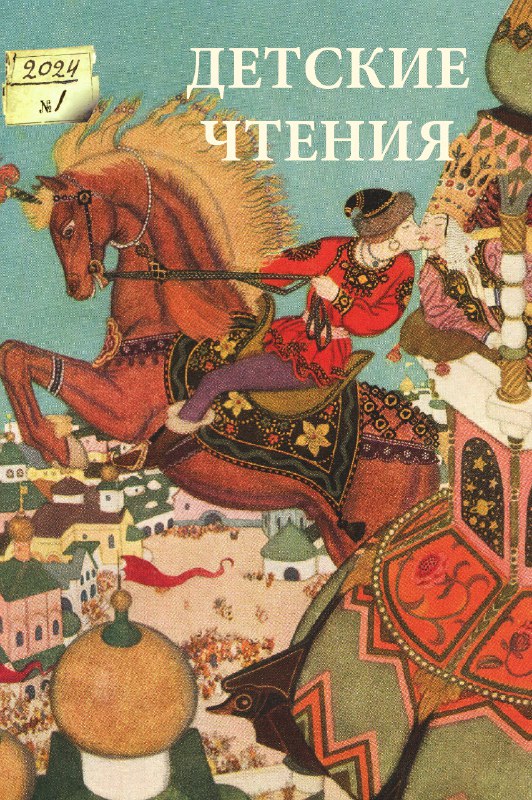HOW NIKOLAY NEKRASOV TAUGHT RUSSIA TO LOVE ANIMALS? GRANDPA MAZAI AND THE HARES IN THE LIGHT OF ECOLOGICAL CRITICISM
DOI:
https://doi.org/10.31860/2304-5817-2024-1-25-201-244Abstract
This article analyzes two of the main aspects of Nikolay Nekrasov’s poem for children, Grandpa Mazai and the Hares (1871) — the pedagogical and the ecological. The article demonstrates that this story about the rescue of hares during the spring flood, which is a standard selection in poetry readers in Russia, was intended as a graphic illustration of the “economic perspective” from which social elites viewed the Russian peasantry. But the story was so vivid and unusual that the economic aspect overshadowed the ecological issues. This article shows that this poem, addressed to children, was the first ecological text in Russian literature to posit a new type of attitude toward wild animals. Nekrasov’s ecological model took shape in dialogue with a variety of discourses extant at the time – about education, biology, and hunting. The poet’s work was elevated into the literary canon as an example of lyrics about “love for one’s little brothers”. But its message was greatly simplified over time, as other writers who aimed their work solely at children adopted it and gradually transformed “Grandpa Mazai” into just one of many texts that advocated for the humane treatment of animals.
Keywords: Nikolay Nekrasov, 19th Century Russian Literature, “Grandpa Mazai and the Hares”, literature and ideology, animals in literature, ecocrtiticism, allegory, poetics, discourse analysis, history of hunting, children’s literature, literary canon







